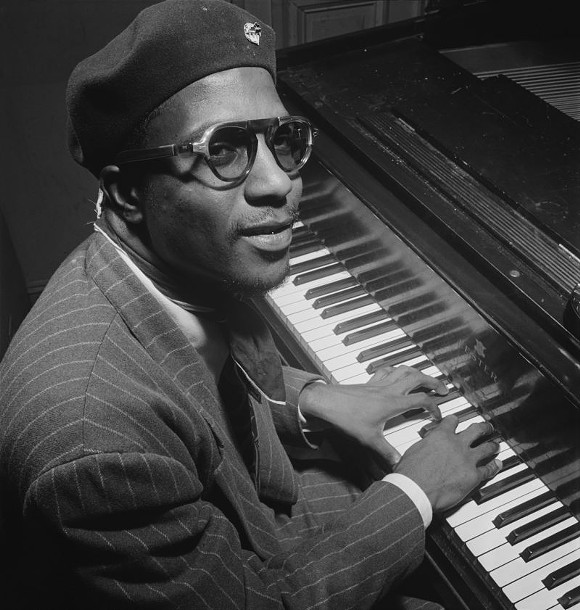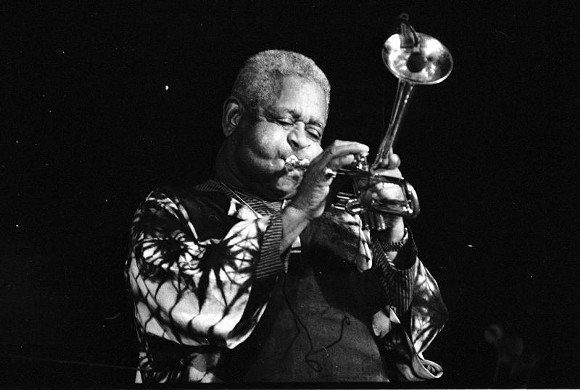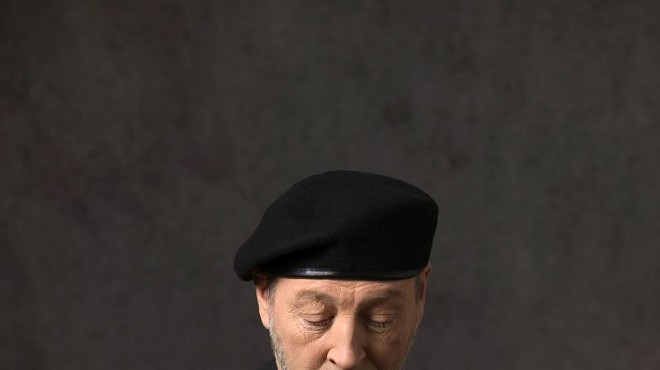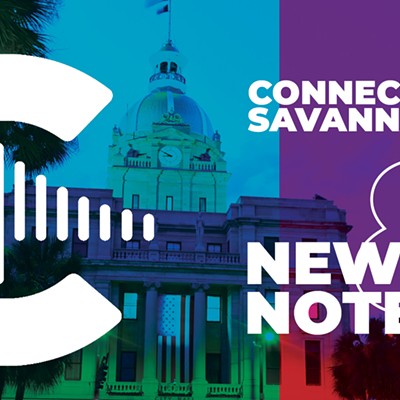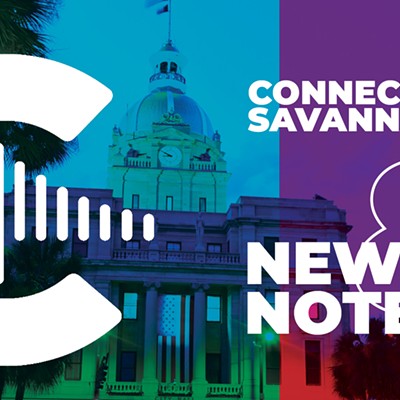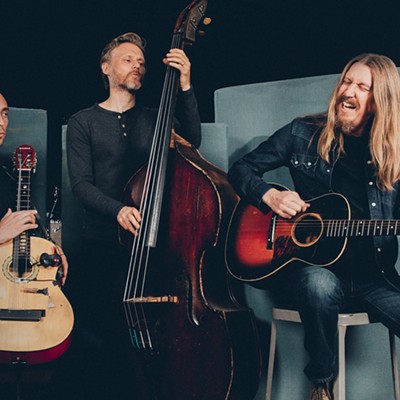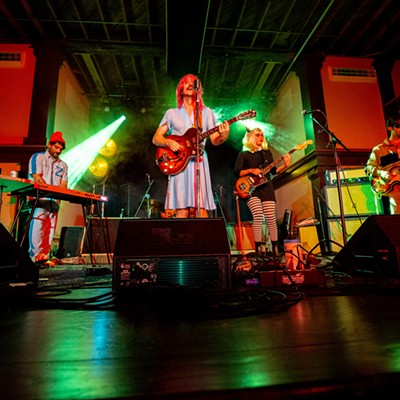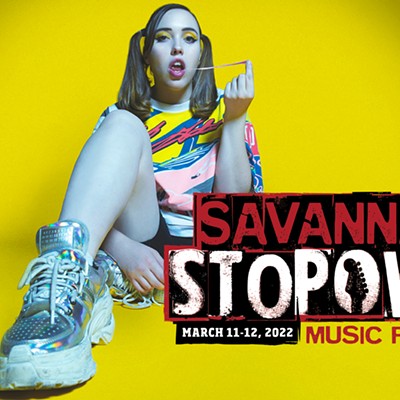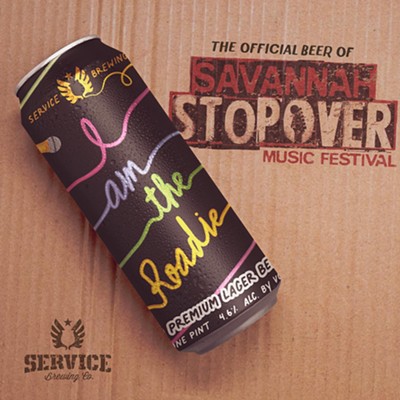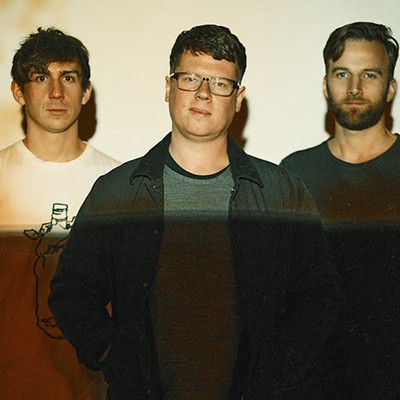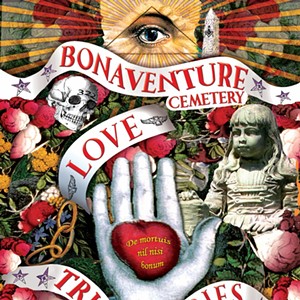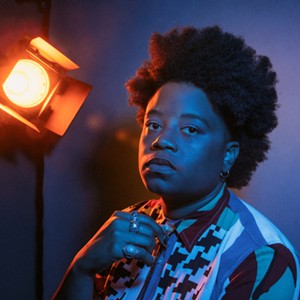On October 10, 1917, Thelonious Monk was born in Rocky Mount, North Carolina.
Just 11 days later, 180 miles away in Cheraw, South Carolina, Dizzy Gillespie entered the world.
The sons of two small Southern towns would change music forever.
Jazz wouldn’t be what it was today without the influence of pianist Monk, the second-most recorded jazz composer of all time, and trumpeter Gillespie, largely considered one of the greatest jazz trumpeters of all time.
To top off another great year of Swing Central Jazz, Savannah Music Festival’s high school band competition, the festival hosts a Finale honoring Monk and Gillespie and what would be their hundredth birthdays.
“There are certain major figures in the history of jazz that always need to be celebrated,” says Rob Gibson, SMF Executive and Artistic Director and co-producer of “Monk and Dizzy at 100.”
“Dizzy and Monk both would have turned 100 this year, and they were great composers and instrumentalists, virtuosos in the history ot the art and the music. As time goes by, their work just continues to have more depth and profundity. Monk wrote 80-something songs in his life, and they’re all great. Dizzy may have written that many, as well...he was such an important innovator in the history of jazz with Charlie Parker and Thelonious Monk, founder of the style known as bebop. It’s time that we celebrate.”
Some of today’s finest jazz musicians, including Marcus Roberts, Rodney Whitaker, Marcus Printup, Ted Nash, Terell Stafford, and Jason Marsalis will perform selections from Gillespie and Monk’s extensive catalogs. Listen for big band, septet, combo, and solo interpretations of songs like “Groovin’ High,” “‘Round Midnight,” “Criss Cross,” and “Night in Tunisia.”
“Marcus is always super-involved,” says Gibson of “the genius of modern piano” Roberts. “He’s heading up the Monk part of the program, and Ted Nash is heading up the Dizzy part.”
Gibson acknowledges that, though the tributes won’t sound note-for-note like Monk sitting down at a piano to Gillespie wielding a horn, that’s the idea. Having the show template allows the players to get creative and capture the true essence of these legendary performers.
“Marcus is never going to play piano Thelonious Monk played piano,” Gibson says. “But nobody’s going to play piano the way Rachmaninoff played it. You always have people who interpret his compositions—that’s what they’re doing. Marcus is incapable of repeating himself—he doesn’t play a song the same way if it’s his or Gershwin’s. He’s always changing it.”
Gibson, a life-long lover of jazz and creator of the esteemed program Jazz at Lincoln Center, is fascinated by the paths that Monk and Gillespie took.
“These are Carolina boys, and so much history of jazz came out of the Southern United States,” he marvels. “Thelonious monk had a really interesting trajectory toward the end of his life. He had some mental instability...people talked about him being bipolar and things we know more about now than they did back then...but then there’s Dizzy, who was more of a showman, and was always very poplar through the end of his life. You’re talking about guys who played in a certain style in the ‘40s that carried on in the ‘50s and ‘60s when rock ‘n’ roll took over. These geniuses weren’t getting nearly enough acclaim for what they had achieved. We live in a time now where pop figures like Beyoncé or Madonna get massive press, and their musical achievement is nowhere close to what Dizzy and Thelonious did on a musical and spiritual level.”
To kick off the concert, the top three finalists of the Swing Central Jazz high school band competition will take the stage to vie for the Faircloth Award and the covetable $5,000 top prize. The students have studied under top players, including Roberts, Marsalis, and Whitaker, throughout the program, and watching their teachers take the stage is a truly unique learning opportunity for the next generation of players.
“There is a vocabulary in jazz music, and in order to speak the vocabulary, there are certain standards you must know about,” says Gibson. “Not unlike if you’re going to be an English teacher—you need to know about poetry, Shakespeare, the standards, the canon, if you will. Part of the canon of jazz are the great masters. This is just a great thing—it’s a free concert we offer for the kids. They not only hear musicians playing, they hear the best compositions in jazz played by these people.”

